Thanatophobia: what is it and how to deal with it?

Traveling through life, often in a businesslike and sometimes carefree manner, we suddenly discover that the “ice” under our feet is becoming thinner and thinner. For some, this “suddenly” becomes fatal and painful, turning into fear of death - thanatophobia. Others, strong-spirited personalities, overcome this painful test, showing courage and true knowledge of themselves.
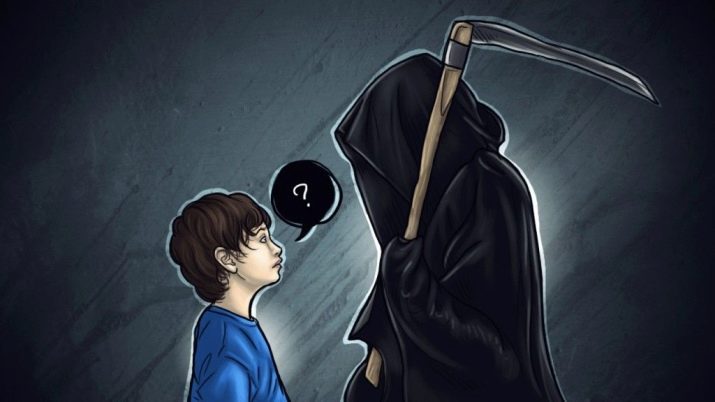
Peculiarities
Hardly anyone would argue that the most acute experience of the overwhelming majority of people is fear of death. He motivates some to fight, forming an active life position. For others, it becomes a fatal and serious illness.
In the usual routine of life and everyday worries, this feeling is repressed, it is blocked by the mechanisms of psychological defense and is not a problem.
The fear of death (thanatophobia) is activated, as a rule, in an environment that threatens a person's life or his social status. The topic of death often comes up when a person seriously thinks about the meaning of his activity, in a situation of professional or creative crisis.
In this context, Z. Freud thought paradoxically, explaining that "the striving for life is psychologically equal to the craving for non-being." In other words, in the human psyche, two instinctive forces are constantly confronting - Eros (creative love) and destructive, destroying Thanatos. According to Freud, human behavior and activity are conditioned by the irreconcilable struggle of these two forces.Hence the disease is called "thanatophobia" - a pathological fear of death.
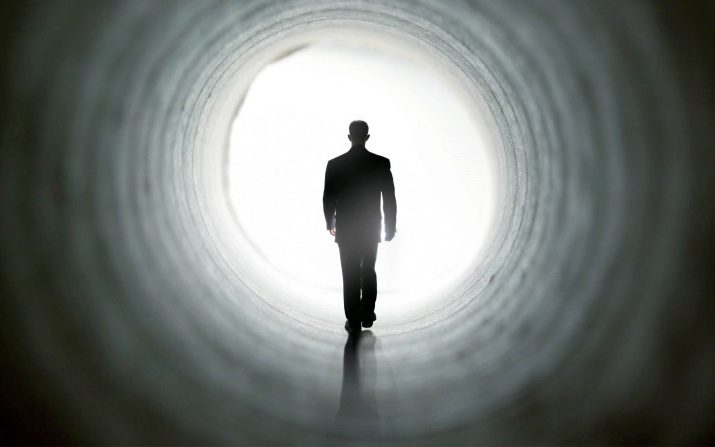
Realizing your mortality is a heavy and often unbearable burden. A person understands that he will die over time, but at the same time drives away these thoughts from himself. "Lethal" knowledge is pushed out by psychological defense into the peripheral areas of consciousness, and often deep into the sphere of the unconscious. Nightmares come to the patient even in a dream.
In its pathological form, fear of death is an intractable mental illness. The patient experiences the fear of dying constantly, and often in the absence of an object that poses a danger to life. Moreover, such an expectation of death is not passive; it appears in the form of an irrational, painful and obsessive anticipation of a fatal outcome.
The sick person does not specifically understand what exactly provokes and is the object of his anxiety. Some patients are afraid of the unknown awaiting them after leaving, others are afraid of the painful process of dying, etc.
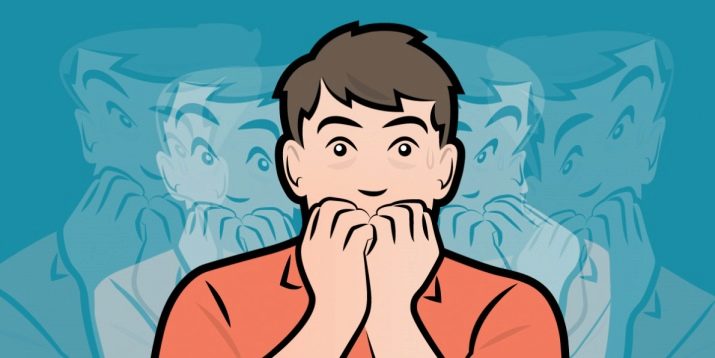
In the scientific literature, you can find various descriptions of thanatophobia, among which 4 levels of fear of death are conventionally distinguished.
- At the somatic level, illness consists in the fear of bodily suffering, pain and the appearance of physical defects. The fatal question: "What will become of my body when I die?"
- At the personal level, the individual is afraid of losing control over himself, total loneliness, inferiority and his own failure. "What will happen to my consciousness and personal achievements?"
- At the social level, the fear of a sudden loss of loved ones and the impossibility of previous relationships are painfully felt. "What happens in relations with those who stay and who leave?"
- On the spiritual level, the fear of disappearing without a trace dominates. The hopelessness and inevitability of a higher judgment as a payment for their sins. "What is the meaning of dying, death, immortality?"

At the same time, level 4 is characteristic of people with a low level of hypochondria, depression, hysteria and psychasthenia.
The personality level is characterized by a positive relationship with depression, high anxiety and self-doubt. An abnormal, obsessive anticipation of a premature death takes possession of the patient's entire being, all his thoughts, depriving him of the joys and opportunities for a full life.
This anticipation does not contribute to the healthy motivation of the individual to perform productive and intelligent safety functions in critical situations. Consciousness, will and thinking of the patient are in a paralyzed state, which does not weaken, but progresses and strengthens its power over the personality.
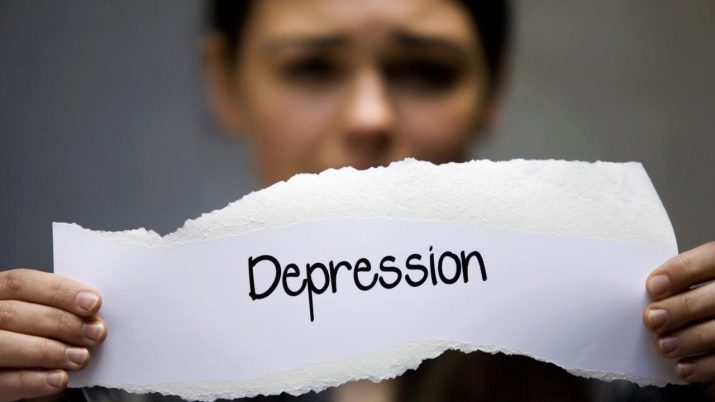
In a sense, phobophobia is ambivalent. Some of the thanatophobes feel panic about the unknown awaiting them after their death. The other part, in the blackest colors, paints the last days of his life.
Studies of the fear of death show that this phenomenon is more common in people who feel the emptiness and meaninglessness of their own lives. People for whom life is full of a certain meaning tend to perceive life as a meaningful event, therefore, their anxiety is expressed to a lesser extent.
The fear of death is supported by various religious and pseudoscientific teachings that declare the idea of "punishment from heaven" and "inevitable retribution."

Causes of occurrence
What exactly is the cause of thanatophobia has not been established. The sick do not clearly realize when, at what moment they had fear. The fear of death inherent in every person turns into a mental disorder after a certain event that has made a strong and deep impression on him.
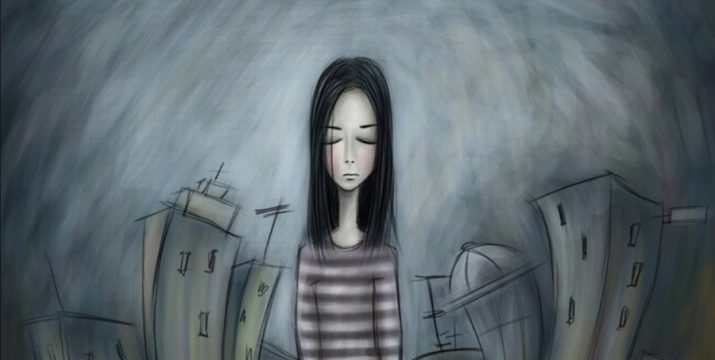
Psychiatrists have formulated 7 most common reasons for the development of thanatophobia.
- The source of fear is localized in religions that describe various options for "life after death", which provide for punishment for "sins" - deviations from religious precepts committed in life.Here the fear of death is actually replaced by the fear of punishment.
- The disease can develop as a result of fear of the unknown and uncertainty. People who are educated, inquisitive, with a developed intellect are more often susceptible to such a development of the disease. The reason for thanatophobia can be a feeling of helplessness of the mind when trying to learn the secret of death.
- Devaluation of your life experience and significance in the course of a personal crisis, leading to the idea of the worthlessness of your being and to the fear of unexpected death, which does not allow you to fully realize yourself. Thinking that a significant part of life has already been lived, exacerbate the situation.
- Constant introspection and fruitless reflections on the meaning of life give rise to existential anxiety. In the process of personal degradation or the absence of any progress, the sick person is disturbed by the thoughts of the non-existence that awaits everyone.
- The pathological desire to control everything in one's life, which is inherent in overly disciplined, pedantic people, is faced with a lack of control over the process of dying. The phobia formed for this reason is extremely difficult to treat, since a person is afraid at the same time of his sudden death, uncontrolled aging and the inability to influence what follows death.
- Often, the cause of the disease is hidden in personal experience. This implies: the death of a relative or the experience of observing the severe extinction of a loved one. Such events may well become the reason for a change in the system of priorities in a person: he begins to feel life more sharply, feels the joy of his existence and, at the same time, fear from the thought that a painful or sudden death awaits him as well. The situation can be aggravated by children whose lives depend on the patient. Such thanatophobes desperately try to live longer, showing increased concern for their health and fear of disease. Over-concern for oneself and fears of possible disasters take on extremely pathological forms.
- A phobic disorder can occur in an overly emotional person who is impressed by information gleaned from the Internet, newspapers, or television. The fear of death does not arise in its pure form, it is led to it by an emotional, individual associative chain, including possible episodes from wars, terrorist acts, natural disasters, etc.

Some experts believe that the nature of thanatophobia consists in "zombifying" people with thoughts about the transience of life and heavy death.
This psychological process is accompanied by an intense and aggressive media flow of information about disasters, military clashes, criminal events and forms anxious and suspicious people opinion of themselves as a "risk" group. Obsessive thoughts of death are a direct consequence of this "social hypnosis."
Often the fear of death arises as a product of a midlife crisis, as a result of getting rid of a person from illusions, in the course of a critical revision of his system of values and restructuring of his worldview. The stressful state accompanying any moral crises, with an unstable psychoemotional status, forms the basis for the development of obsessive fear.
From the standpoint of some psychological concepts, existential anxiety about a dangerous subsequent non-existence is a natural phenomenon in the process of personality development. Its essence ultimately lies in the fact that at one of the stages of development, a person faces a choice - to degrade or progress. A meaningful choice of a development option naturally leads to philosophical reflections - “what is the meaning of life”.

A certain foundation for the disease is specific character traits and personality traits, for example, accentuation, pedantry, excessive discipline, responsibility, perfectionism. The obsessive desire for ideal activity contributes to the emergence of pathological fear.
The fear of death is a category of moral and ethical order, which presupposes the presence of a certain degree of maturity and depth of feelings.
Therefore, the disease is pronounced in people who are extremely emotional and impressionable (a phobia is also possible in a child), capable of abstract thinking.
The results of scientific research allow us to assert that uncontrollable fear appears on the basis of an unstable psycho-emotional status of a person, under the influence of various kinds of psycho-traumatic situations, and is associated with the presence of certain physiological and characterological prerequisites in him.
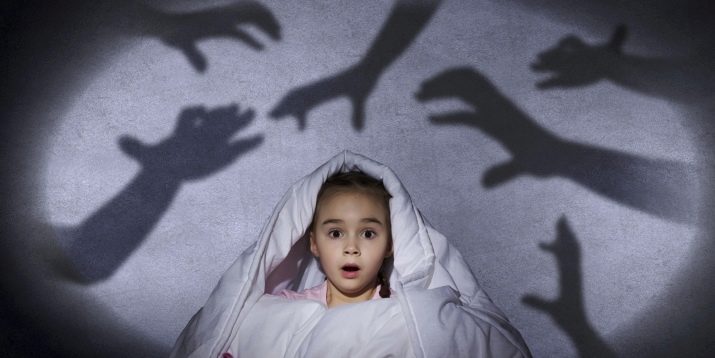
Symptoms
Typical signs of thanatophobia are conventionally divided into three groups:
- physical - tremors, pressing headaches, cardiac arrhythmia and rapid breathing, nausea, increased sweating, a feeling of chills or fever, malfunctioning of the digestive tract, problems in the genital area;
- mental - uncontrollable panic attacks, mixing of real and unreal, painful reaction in case of mentioning the source of fear, depression, sleep disorders, decreased libidinal level;
- emotional - evasion, avoiding the discussion of the topic of death, anxiety, tension, feelings of guilt, strong and unmotivated anger.
As a consequence of the disease, significant changes occur in the motivational system and behavior of the thanatophobe. The process of personality development stops or acquires a degrading quality.

People of a creative mind feel the fear of the absence of any heritage after themselves, demonstrating an obsession with the implementation of their super-idea. Such patients are characterized by: accentuation, selfishness, stubbornness, immunity to criticism and opinions of others. All their experiences and fears are directly related only to their personal death.
The death of strangers, if it is not the starting point for the development of the disease or does not accompany the beliefs of the patients, does not affect the person.
This principle of selective relevance to disease triggering mechanism works consistently and productively.

In severe forms, thanatophobia is accompanied by:
- refusal to communicate with loved ones and a gradual reduction in the circle of friends;
- loss of real life guidelines and inability to work;
- the formation of a number of other psychosomatic manifestations, dysfunction of internal organs;
- the desire to muffle creepy thoughts with alcohol or drugs.
Often thanatophobes suffer from insomnia, intermittent sleep with nightmares is possible.
The atypical and strange behavior of the thanatophobe begins to be noticed by others, and the person who is closed on himself comes to loneliness, often showing alienation, irritation and aggressiveness.

How to get rid of fear?
Scientists' studies indicate that it is impossible to overcome the fear of death in full, because a significant part of it is present unconsciously. Man is doomed to live with this feeling. The question is only in the intensity and level of "lethal" manifestations, often overcoming the bar of the norm. In such cases, the phobophobe is shown qualified treatment.
It all depends on how flexible and effective the individual psychological defenses of a person work against the background of his personal and characterological characteristics.
The process of displacing knowledge about death from the conscious sphere to an unconscious level does not free the organism from fear, and in some cases stimulates its growth.

Medication
Psychiatric medications are used to provide palliative care in severe cases. Medicines cannot replace the psychotherapeutic treatment program drawn up for the patient, aimed at correcting the ideological attitudes of the individual.
It includes:
- identification of real disease-provoking factors;
- definition of destructive chains of thought;
- fixing useful and constructive attitudes;
- implementation of a new model of behavior.
For this reason, psychotherapists combine psychological treatment with medication. Usage antidepressants, beta-blockers, antipsychotics and other drugs allows you to reduce the severity of physical symptoms, radically reduce the level of panic attacks and depressive manifestations.

Psychotherapy
Psychology aims at identifying and analyzing the causes of phobophobia, eliminating these causes and practicing the patient's skills of independent, effective resistance to the disease. For this, methods are used from various psychological directions: cognitive-behavioral, exposure, rational, etc. In psychotherapeutic practice, the following are known and have positively proven themselves:
- confrontational technique;
- management of internal "energy";
- stimulating the synthesis of adrenaline;
- hypnosis;
- desensitization;
- techniques of neurolinguistic programming.

The listed methods are designed to correct the thanatophobe's way of thinking, instilling skills to resist fear in a stressful situation and get used to fear. The patient learns ways of relaxation and self-control, methods of maintaining reason and rational thinking in a crisis situation for him. Individual programs for working with the patient are also being developed.
Most of the patients with thanatophobia who go to the doctor are aware of the abnormality of their condition, since it is simply impossible to continue life with such a "load". However, they do not know how to overcome obsessive anxiety and release from oppressive thoughts. Some thanatophobes recklessly rely solely on "miraculous" pills.
However, the disease is so deeply rooted in the subconscious of a person that even the most modern medicines do not have access to it.

One of the most effective treatments for thanatophobia is hypnosis. This choice is advisable due to a number of advantages that modern techniques have:
- security;
- comfort;
- painlessness;
- atraumaticity.
Hypnotic sessions, having a beneficial effect on the entire body as a whole, contribute to the elimination of depressive and other manifestations accompanying the disease. In addition, in the course of treatment, the individual is motivated to self-development and the realization of the potential inherent in him - the quality of a person's life improves. A hypnotic trance starts the recovery processes in the body, optimizes the state of interaction between its systems, and has a beneficial effect on the activity of the cardiovascular and nervous systems.
Psychotherapeutic practice shows that an experienced hypnotherapist is often effective in combating such a serious disease as thanatophobia.

Can you help yourself on your own?
Overcoming thanatophobia and associated phobias on your own is real only at the initial stage of the formation of the disease. Fighting and defeating the disease can be a person who has the skills for introspection, able to catch the moment when natural forms of fear become obsessive. In other cases, an appeal to a psychotherapist is indicated.
Psychological advice
It is helpful to take a close look at the profile of a person with a low level of fear of death. This is exactly the image to strive for:
- purposefulness and life goals (must be realistically achievable), giving meaning to life and a specific perspective;
- the ability to perceive your life “here and now” as an interesting, emotionally rich and meaningful story;
- satisfaction with the degree of self-realization at this stage of life;
- a strong personality with a certain freedom of choice, self-control, capable of building destiny according to its tasks and ideas about its meaning.
Patients with a high degree of fear of death have opposite characteristics.

The actual condition for overcoming thanatophobia is the acceptance of the fact of death as a natural, expected and logical phenomenon.
This is how Lomonosov, Repin, Suvorov, Lermontov, Tolstoy accepted the thought of their departure, calmly and judiciously, accepting death as a phenomenon caused by nature. They left without panic, without the slightest feeling of confusion.








